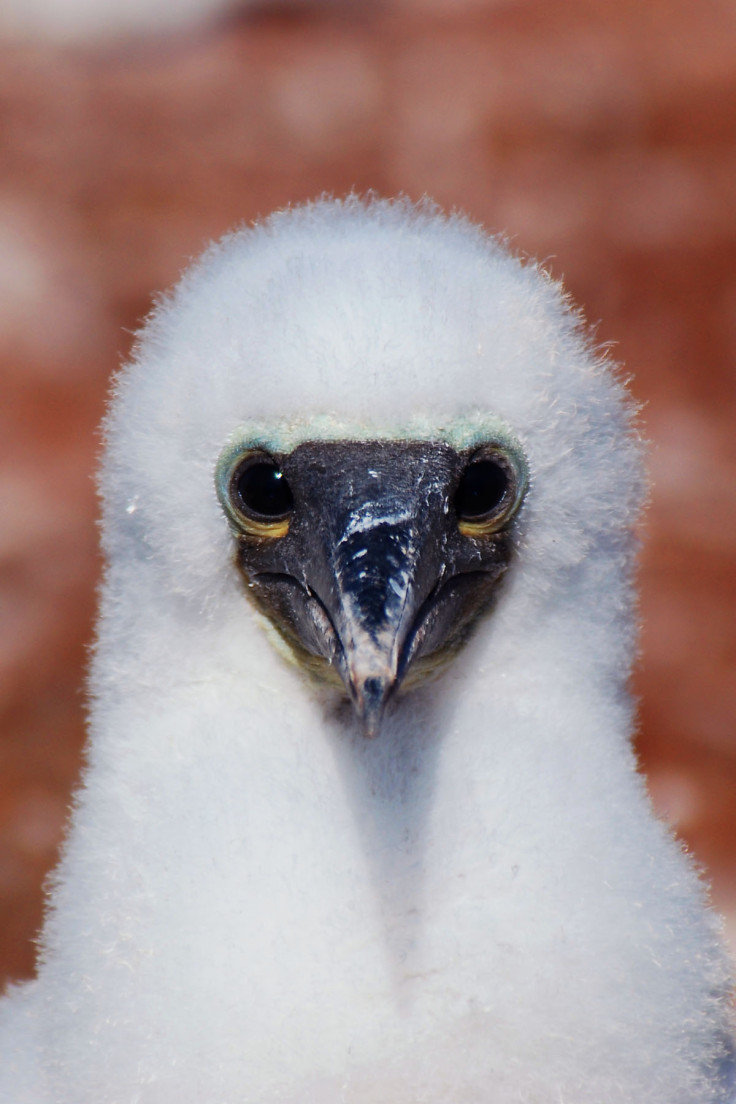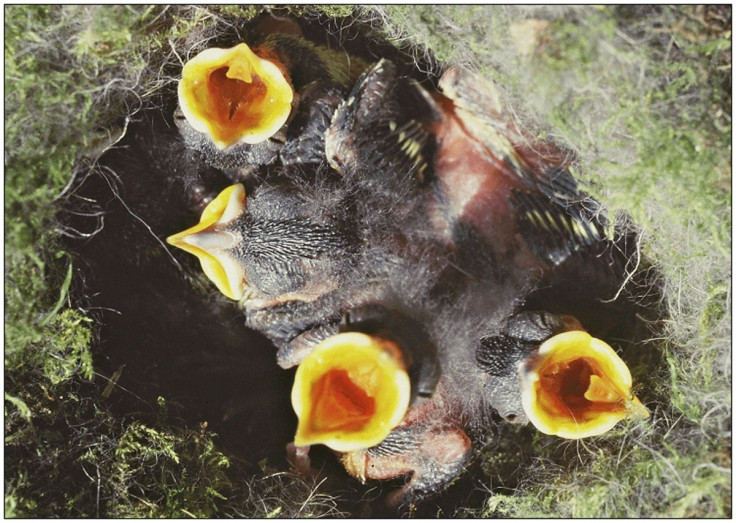Why some birds let their chicks starve to death while others nurture their weakest

The reason why some birds let their smaller chicks starve to death while others spend greater resources on nurturing the weakest has been discovered. Scientists found environmental influences can predict how a bird will feed its offspring, with favourable environments allowing for greater attention to be given to the smallest chicks.
A study published in the Nature Communications journal looked at the long-standing discrepancy in how birds feed their chicks. In some species, parents will preferentially feed chicks that are smallest and in the most need of food, while others will focus their resources on the largest in the nest – sometimes to the point where they are force feeding the bigger chicks.
Birds have to spend a huge amount of energy foraging for food to sustain their offspring. Parents often have to make a decision over which chick to feed when there are not enough resources to go around. Until now, it was not known whether parents respond to signals of need – through chicks begging for food vocally – or through signs of chick quality, such as colour or weight.

Scientists from the University of Oxford looked at over 300 studies documenting the parental feeding preferences of 143 bird species found across the globe. They then analysed this information to look at the health and behaviour of the offspring, and compared the data to the environmental conditions in which the species is found.
Findings showed that birds in favourable environmental conditions (where food availability is predictable and abundant), parents tended to feed begging chicks that were in weaker condition than their nest mates. In poorer environmental conditions, where food was less available, birds fed the larger chicks, no matter how much the smaller ones begged.
Researchers believe bird parents in favourable conditions rely more on begging when deciding which chicks to feed because they employ a "whole-brood survival" strategy. In unfavourable conditions, they make a decision based on size or other signals of chick quality, to make sure at least some of the offspring survive.
Research leader Shana Caro said: "There have been hundreds of studies looking at the phenomenon of begging in birds, many of which have found strange results and contradictory patterns. Our analysis of these studies found that there is a universal explanation for these discrepancies: the predictability and quality of the local environment."
EMBARGO 16:00 TUESDAY 29TH MARCH
© Copyright IBTimes 2025. All rights reserved.






















